01/8What you should know about dengue
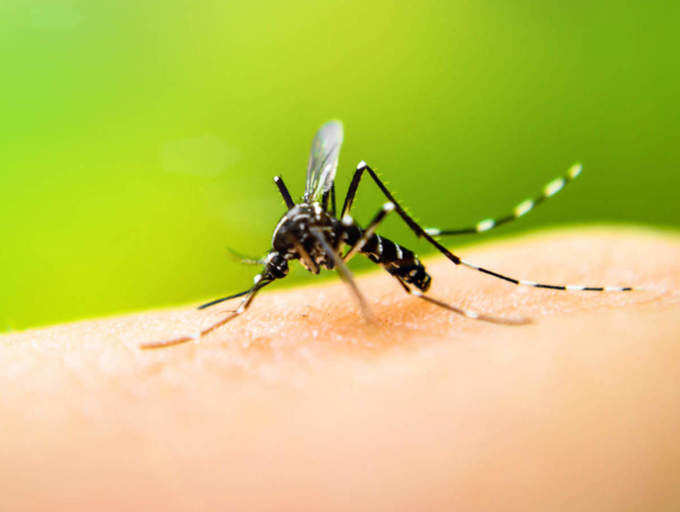
Monsoon and mosquito-borne diseases are synonymous to each other. As the rainy season approaches, you will find a sudden rise in the number of mosquitoes in your vicinity. The hot and humid climate is perfect for breeding of blood-sucking insects, who carry deadly diseases like dengue.
02/8Here are some common side-effects


Dengue fever, also known as breakbone fever is a vector-borne disease, caused by four different viruses and spread by female Aedes mosquitoes. The common symptoms include muscle, bone and joint pain, rashes, high fever, throbbing headache, vomiting and feeling nauseous. These symptoms may range from mild to severe. But what if we say that after being infected by the dengue, its implication on your health could last a little longer after your recovery. That is true!
There is no vaccine or specific treatment available to treat dengue. Your doctor may recommend you to take plenty of fluids to avoid dehydration from vomiting and a high fever. But this disease breaks down your immunity and our body has to suffer for a while after the recovery. Here are 5 common side effects of dengue.
03/8Stress and Anxiety


Patients with a history of dengue have higher anxiety and stress symptoms as compared to others. They may suffer from psychiatric and psychological conditions which are important to tackle.
04/8Hair fall


People while recovering from severe dengue often complain of excessive hair loss. This type of hair loss can last up to 1-2 months after acute dengue infection. A few people affected with dengue also develop alopecia (hair fall in small patches) because of medications, metabolic or hormonal stress or severe systemic infections.
05/8Compromised immunity and weakness


Dengue takes a severe toll on your immune system, which may increase your chances of getting sick easily. People may also feel weak and tired. It is important to have a well-balanced diet and perform physical activity to stay fit.
06/8Joint pain


Muscle, bone and joint pain is a common symptom of dengue. But at times it does not go away immediately after the recovery. It is referred to as polyarthralgia (multiple joint pain) and myalgia (muscle pain), a condition that persists for several days after recovery. Moreover, vitamin and mineral deficiency makes the condition even worse.
07/8Nutrient deficiencies


The dengue virus can also lead to various nutrient deficiencies like Vitamin D and Vitamin E. This may make your pain worse. For better recovery, it is important to have a well-balanced diet full of nutrients. Take care of your Vitamin B12, D and E level. Insufficient intake of these vitamins may be harmful.
08/8Post dengue precautions


Post-dengue treatment, people need to be extra careful about the food they consume. Here are some food recommendations for dengue patients.
- Increase your fluid intake. Drink ORS, sugar cane juice, tender coconut water, lime juice, fresh orange juice.
- Have dairy products like eggs, chicken, and fish.
- Try to avoid spicy and oily food while recovering from dengue.
- Pomegranates are known to increase the blood count and therefore it is highly recommended for dengue patients.
















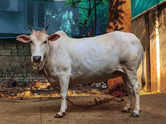





















































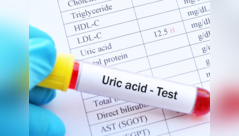


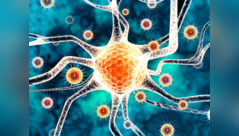







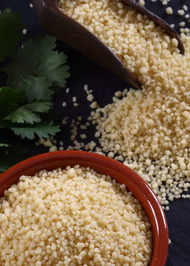














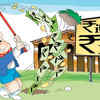

closecomments
SIGN IN WITH
GoogleEmail